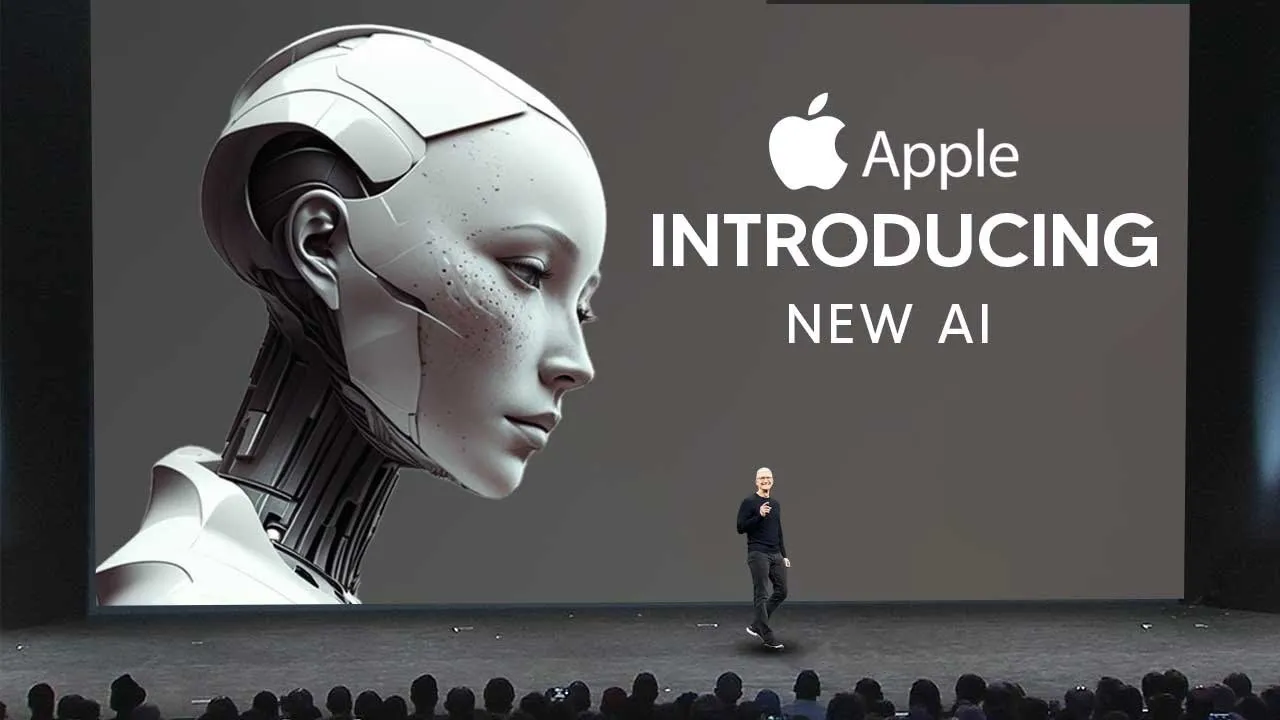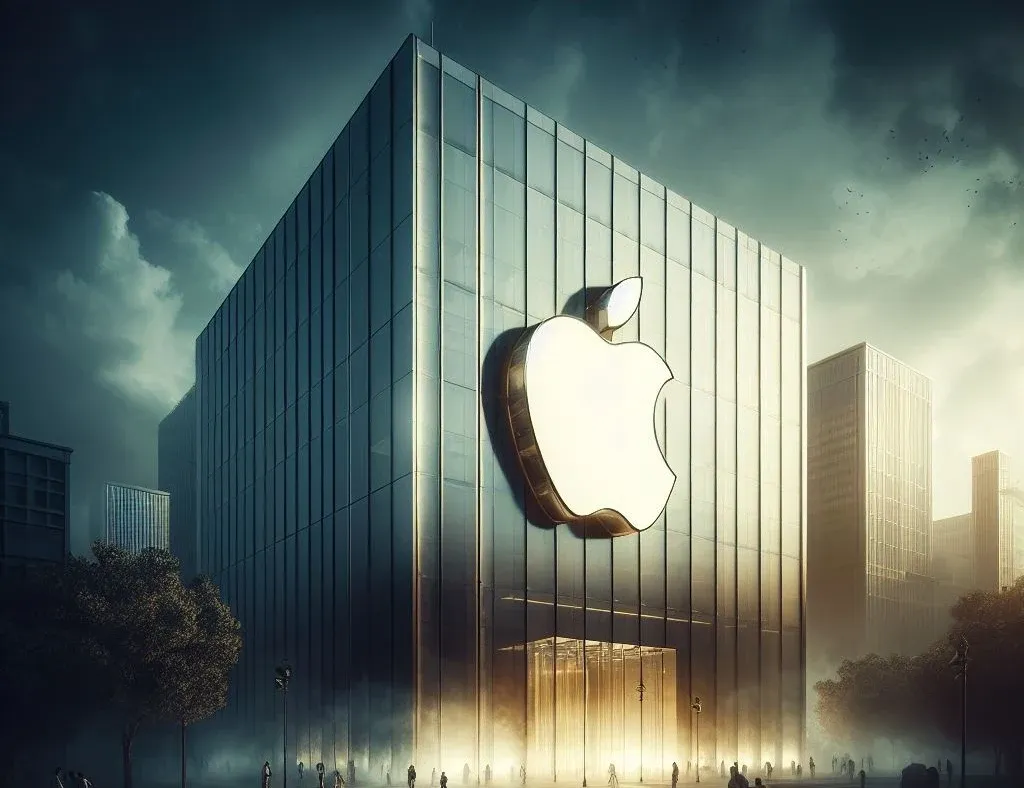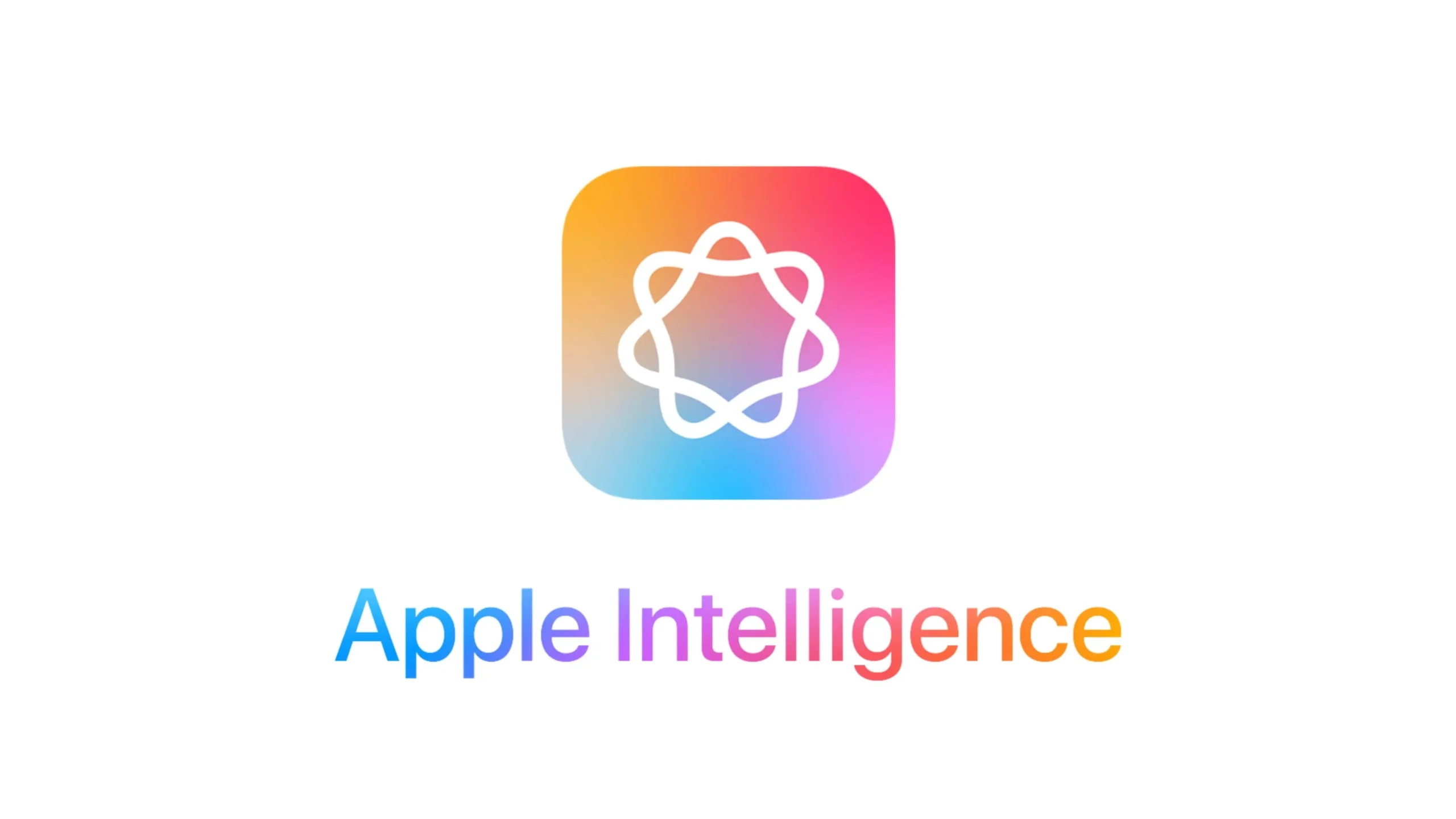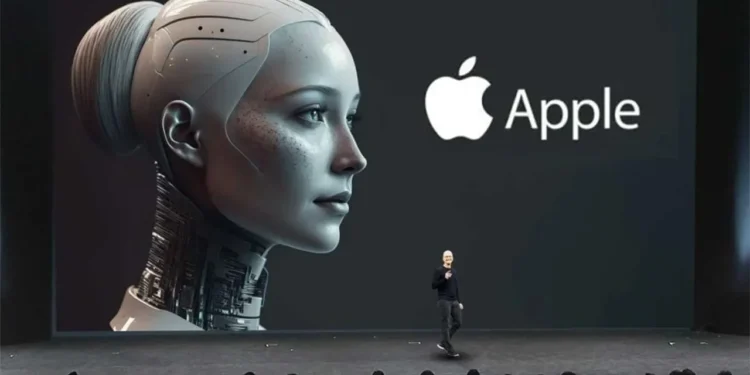Apple’s struggle to make a mark in the rapidly evolving world of AI has been an ongoing saga, with plenty of twists and turns. Behind the scenes, tensions have bubbled up within the company, particularly over the direction of its AI strategy. The latest report from The New York Times, courtesy of journalist Tripp Mickle, offers fresh insights into Apple’s AI missteps, pointing to a surprising source of blame: finance chief Luca Maestri.

The GPU Budget Controversy: Cook vs. Maestri
As the head of AI at Apple, John Giannandrea recognized the need to upgrade the company’s GPU infrastructure to stay competitive in the AI race. In early 2023, he proposed a substantial increase in Apple’s GPU budget to keep pace with tech giants like Microsoft, Amazon, Google, and Meta, who were purchasing hundreds of thousands of cutting-edge chips to power their AI initiatives.
Cook, always an advocate for innovation, approved the plan to double the GPU budget. However, the approval was met with resistance from Apple’s CFO, Luca Maestri. According to Mickle’s report, Maestri scaled back the budget increase to less than half of what Giannandrea had requested, suggesting that the existing chips be made more efficient instead. This move would prove to be a major setback for Apple’s AI progress.
The Impact of Maestri’s Budget Cuts
The decision to reduce the GPU budget had immediate consequences. Apple’s data centers, which already had about 50,000 GPUs that were more than five years old, were far behind the infrastructure of its competitors. Companies like Microsoft and Google had access to the latest Nvidia chips, which were in high demand, while Apple was left scrambling for alternative solutions. Apple even had to rely on Google’s chips for some of its AI development, a stark contrast to the resources available to its rivals.

This shift in focus—from upgrading the hardware to making do with what they had—left Apple’s AI team struggling to keep up with the massive data demands of modern AI systems. While Maestri’s move was intended to maintain a tight control on costs, it inadvertently hindered Apple’s ability to develop competitive AI technologies. In hindsight, this decision appears shortsighted, especially considering Apple’s massive cash reserves and its growing R&D budget.
Leadership Struggles and a Slow AI Start
While the GPU budget controversy is a significant piece of the puzzle, it isn’t the only reason behind Apple’s slow AI start. Mickle’s report also touches on leadership struggles within the company, particularly between Robby Walker, the former head of Siri, and Sebastien Marineau-Mes, a senior software executive. The lack of cohesion in leadership has further complicated Apple’s ability to execute its AI vision effectively.
Despite these internal challenges, the financial decision to scale back the GPU budget stands out as a major turning point in Apple’s AI journey. In a rapidly advancing field, delaying or minimizing investments in key infrastructure can have long-lasting effects, and Apple’s competitors are capitalizing on these missteps.
Apple’s AI Future: Can They Catch Up?
Looking forward, Apple faces a critical moment in its AI strategy. With companies like Microsoft, Google, and Meta investing heavily in AI and making huge strides, Apple will need to reevaluate its approach if it hopes to remain relevant in the space. Tim Cook’s vision for Apple’s future in AI remains strong, but as the recent GPU budget cuts show, there’s a need for better alignment between innovation and financial strategy.

Giannandrea and his team now face the uphill battle of catching up with the likes of Nvidia, Google, and Amazon. The lessons learned from the GPU budget cuts and leadership struggles could shape Apple’s AI efforts moving forward. Whether or not they can overcome these setbacks and lead the AI revolution remains to be seen.
Apple’s path to AI success has been far from smooth, with financial decisions and internal leadership disputes hampering its progress. The impact of Luca Maestri’s GPU budget cuts, while seemingly a minor financial decision at the time, has had far-reaching consequences for Apple’s ability to compete in the AI race. Moving forward, Apple will need to prioritize its AI efforts and ensure that the company’s financial strategy aligns with its ambitious technological goals.










